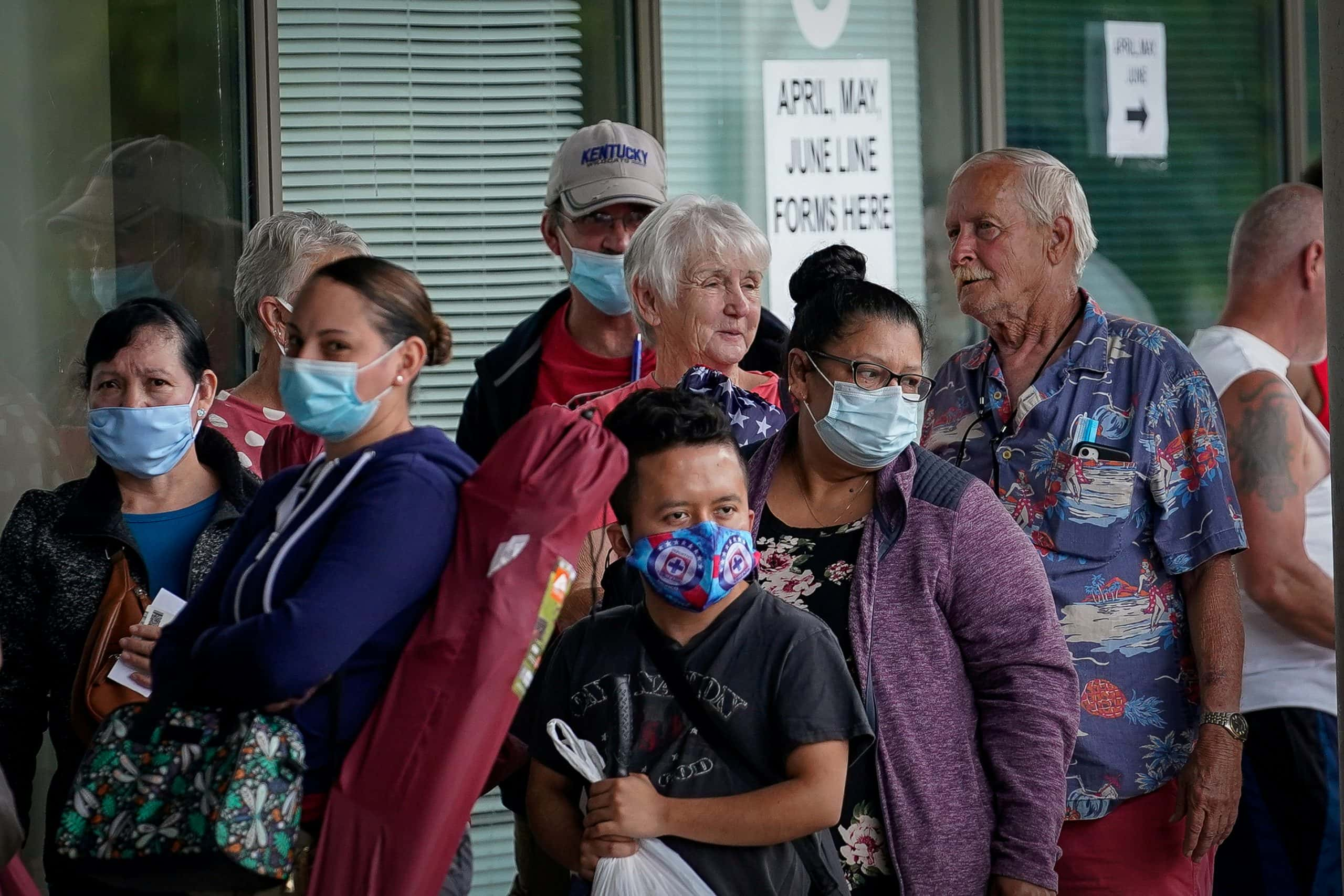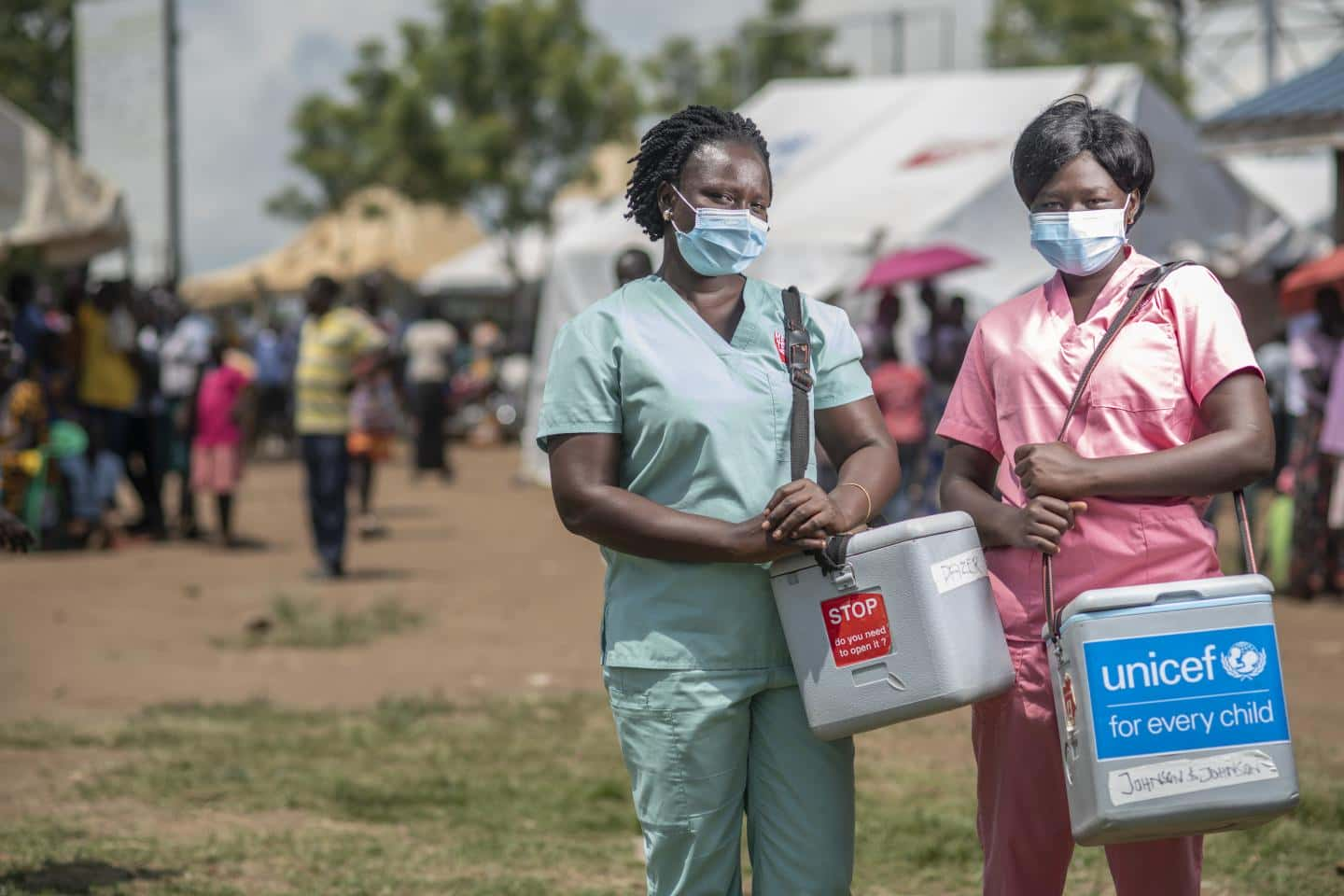The analysis by the GAO revealed alarming levels of fraud in the Paycheck Protection Program (PPP) and the COVID-19 Economic Injury Disaster Loan Program (EIDL).

Over 25% of applicants seeking pandemic relief through two SBA programs have potentially fraudulent discrepancies in their applications
Out of the total 13.4 million unique recipients, the GAO identified more than 3.7 million recipients with discrepancies associated with potential fraud. While these discrepancies do not provide proof of fraud, they serve as warning signs indicating a potential for fraudulent activity. Among the recipients, approximately 2.2 million claimed to have employees but failed to submit data to the National Directory of New Hires, which is managed by the U.S. Department of Health and Human Services. This directory is crucial for employers to report new hires and employees’ quarterly wages, which are then shared with relevant state and national agencies.
Additionally, the report found that certain lenders had higher numbers of potentially fraudulent loans compared to expectations. Five lenders, including both bank and nonbank lenders, were responsible for approximately 34% of loans associated with at least one fraud case, despite issuing only 14% of all PPP loans. The report, however, did not disclose the names of these lenders.
While the vast majority of lenders (95.5%) did not have any loans associated with fraud cases
The GAO recommended that the SBA enhance its fraud detection and prevention measures by utilizing external data sources.
The report highlighted the concerns raised by the Pandemic Response Accountability Committee, which had previously identified 69,323 questionable Social Security numbers used to obtain $5.4 billion from the SBA’s COVID-19 EIDL program and PPP. The programs, which aimed to provide much-needed relief during the pandemic, distributed nearly $1.2 trillion in assistance. However, the exact extent of fraud remains uncertain, as it is challenging to estimate the full scope at present.
The GAO’s findings underscore the urgent need for improved safeguards and stricter oversight to ensure that pandemic relief programs effectively reach those in genuine need while minimizing the risk of fraudulent activities.
READ ALSO: Conservative House Freedom Caucus Urges GOP Leaders To Pass Debt Limit Bill, Setting Up Showdown




